Erasmus+ is the EU Programme in the fields of education, training, youth and sport for the period 2014-2020. These field can make a major contribution to help tackle socio-economic changes, the key challenges that Europe will be facing until the end of the decade and to support the implementation of the European policy agenda for growth, jobs, equity and social inclusion.
Scope
JEAN MONNET PROJECTS (POLICY DEBATE WITH THE ACADEMIC WORLD)
What is a Jean Monnet Project?
Jean Monnet Projects support innovation, cross-fertilisation and the spread of European Union content. These projects will be based on unilateral proposals – although the proposed activities may involve other partners – and may last between 12 and 24 months.
Which activities are supported under this action?
Over their lifetime, Jean Monnet Projects may typically realise a broad range of activities, such as for example:
“Innovation”
“Innovation” projects will explore new angles and different methodologies in view of making European Union subjects more attractive and adapted to various kinds of target populations (e.g. projects on Learning EU @ School).
- Develop and test newly designed methodologies, content and tools on specific European Union topics.
- Create virtual classrooms on specific subject areas and testing them in different contexts.
- Design, produce and implement self-training tools promoting active citizenship in the EU.
- Develop and deliver appropriate pedagogical content and new/adapted didactic material for the teaching of European Union issues at the level of primary and secondary education (Learning EU @ School).
- Design and implement of teacher training activities and continuing education for teachers, provide them with the appropriate knowledge and skills to teach European Union subjects.
- Provide specifically designed activities on the European Union to pupils at the level of primary and secondary schools and in vocational education and training institutions.
“Cross-fertilisation”
“Cross-fertilisation” projects will promote discussion and reflection on European Union issues and enhance knowledge about the Union and its processes. These projects will aim at boosting EU knowledge in specific contexts.
- Support the creation of EU studies and/or boost the existing knowledge and/or enhance the dynamic of a “department/chair/research team” in a given country at a Higher Education Institution which has expressed a specific interest/need.
- Joint develop content and co-teaching for students involving several institutions. Participating institutions may organise common activities and the preparation of tools supporting their courses.
“Spread content”
“Spread content” projects will mainly concern information and dissemination activities.
- Actively support information and dissemination activities for staff of the public administration, for experts in specific subjects and for civil society as a whole.
- Organise conferences, seminars and/or roundtables in relevant European Union issues for the broadest possible array of stakeholders.
What is the role of organisations participating in a Jean Monnet Project?
The institution proposing the project is required to prepare a clear and sustainable strategy with a detailed work programme including information about the expected results. It should justify the need of the activities proposed, the direct and indirect beneficiaries, it should guarantee the active role of all the participating organisations.
Proposals are signed by the legal representative of the higher education institutions (or other eligible organisations) and provide information about the legal status, objectives and activities of the applicant institution. Higher education institutions (or other eligible organisations) have the final responsibility for their proposals. They are obliged to implement the activities described in their projects during the entire duration of the project.
Deadline
20 February 2020 at 17:00 Brussels time

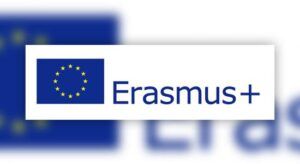
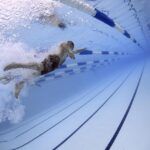
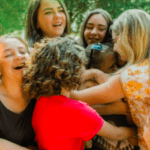
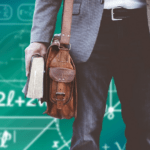
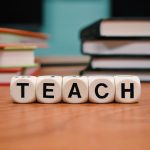
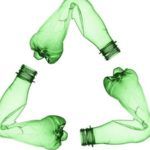
Leave a Reply